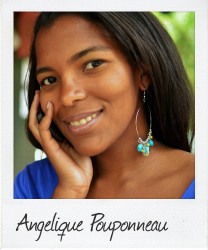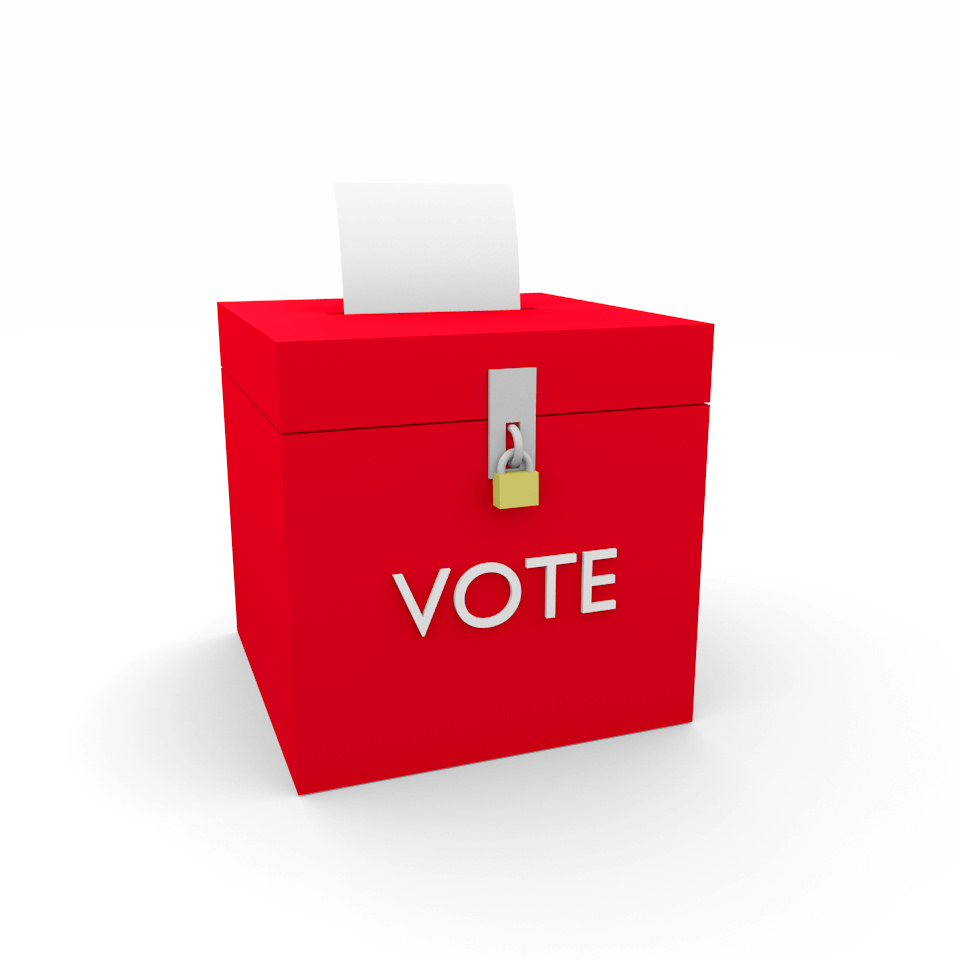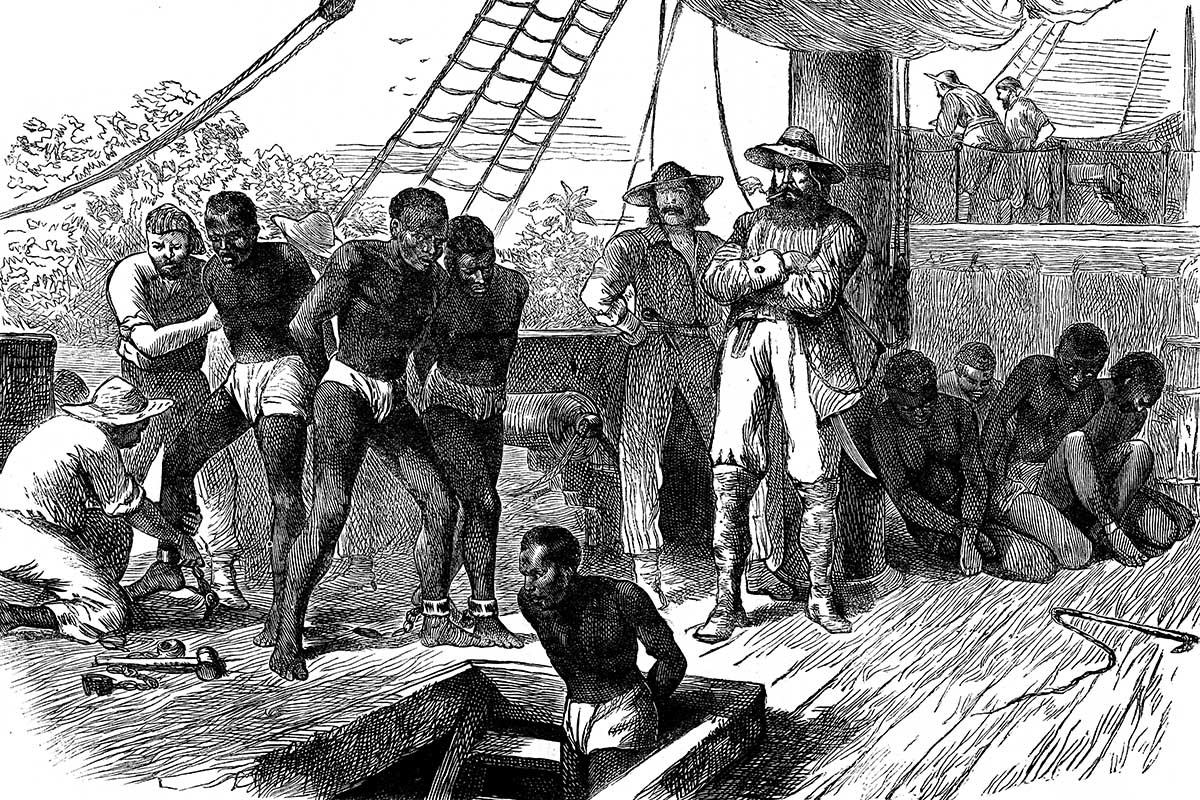“The disenfranchisement of youth”
September 1 Legislation setting the voting age creates a conflict for potential voters, writes Angelique Pouponneau, 26, a Commonwealth Correspondent from the Seychelles, who argues the rules should make more effort to enfranchise interested youth.
Legislation setting the voting age creates a conflict for potential voters, writes Angelique Pouponneau, 26, a Commonwealth Correspondent from the Seychelles, who argues the rules should make more effort to enfranchise interested youth.
It happens in nightclubs all the time:
“ID please,” says the bouncer.
If you are below the age of 18 you should not be able to participate in this night activity, but why is it not the same for voting?
An election is the process whereby the people at a certain age prescribed by law indicate what they want as a people for their nation by voting for a either a President or representative in parliament or local government. In most countries around the world we have seen that the chosen age is 18, however it appears that Constitutions and electoral laws of some countries have added hurdles to participation. I’d like to take this closer to home now.
Before 2015 in the Seychelles, if you were 18 and turned up at the polling booth you would be able to vote. This was because as soon as you turned 18 your name was automatically placed on the Register of Voters. You could turn up on the day of election and cast your vote at the polling station. However, less than two years ago the practice changed as a result of an amendment in the law that was meant to bring the practice in line with the Constitution. In so doing it disenfranchised some first time voters.
The Constitution of Seychelles provides that a citizen of Seychelles who is registered as a voter in an electoral area shall be entitled to vote in accordance with the law in the electoral area. There were only three narrow exceptions: infirmity of the mind, criminality or residence outside of Seychelles. This is further compounded under the section of Fundamental Rights and Freedoms where article 24 (1) (b) states that every citizen who has attained the age of eighteen years has a right to be registered as a voter for the purpose of and to vote by secret ballot at public elections which shall be by universal and equal suffrage.
The Register of Voters closes on the day the Electoral Commission announces the elections. Therefore, from the date the election is announced (15th July) to the date of the elections (8, 9 and 10 September) anyone who obtains the age of 18 on or after 16th of July is deprived the right to participate in elections.
I took a whirl around other countries of the Commonwealth to see if this practice was universal. I found that in Sri Lanka, The Bahamas, India, Nigeria, Ghana and Jamaica to name a few, a person would have to have turned 18 prior to the closing of the Register of Voters to be able to participate in the forthcoming elections. This is a similar set up to that of the Seychelles. However, in Australia and the United Kingdom, at the age of 17 you are invited to enroll on the register so that you are on the Register of Voters by the time you are 18. Moving slightly away from the Commonwealth, in some states of the United States of America such as Idaho, Iowa, Maine, Minnesota, Montana, New Hampshire, Wisconsin and Wyoming and most recently California, there is on-the-day-registration at the polling station so that anyone who is aged 18 can participate in elections.
It seems unfair that people who have obtained the age to participate in elections, do not have infirmity of the mind, are resident in the country and not deemed a criminal are not able to participate in elections.
With continued disenfranchisement of youth through disillusionment, and the fact that few young people are able to participate in elections as candidates – and here I look to the youth of Nigeria, who are currently running their #NotTooYoungToRun campaign – why should we make it more difficult for young people to participate in elections, especially if they want to?
photo credit: Ballot box via photopin (license)
…………………………………………………………………………………………………………………
About me: I am a barrister, advocating in all the Tribunals and Courts in the Seychelles. I am interested in sustainable development, the rule of law and international affairs.
I also support inclusive education systems so I volunteer at the School of the Hearing Impaired to teach English and Math. I would like to continue using education and the creation of opportunities for the advancement of young people, ensuring their voices are heard at national and international levels.
…………………………………………………………………………………………………………………
Opinions expressed in this article are those of the author and do not necessarily represent the views of the Commonwealth Youth Programme. Articles are published in a spirit of dialogue, respect and understanding. If you disagree, why not submit a response?
To learn more about becoming a Commonwealth Correspondent please visit: http://www.yourcommonwealth.org/submit-articles/
…………………………………………………………………………………………………………………




